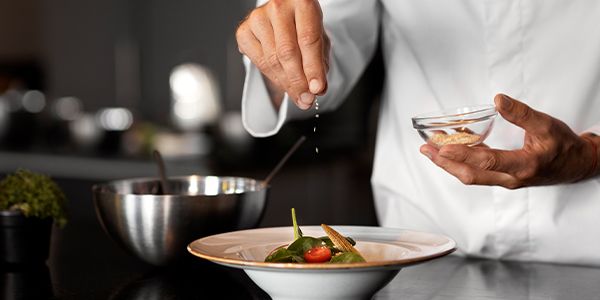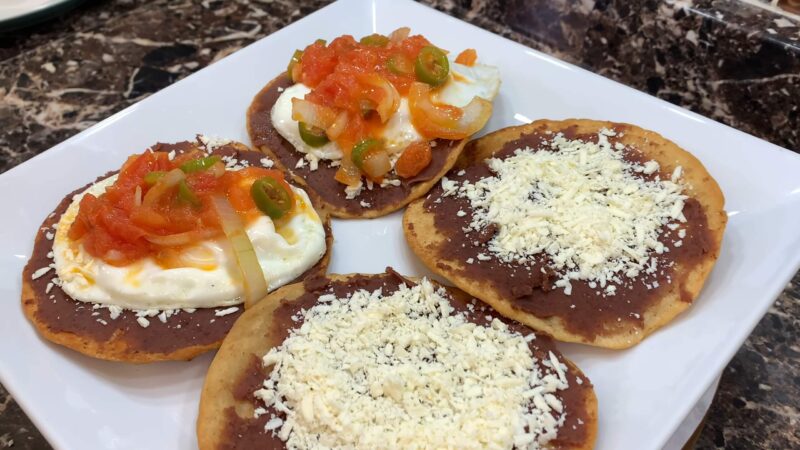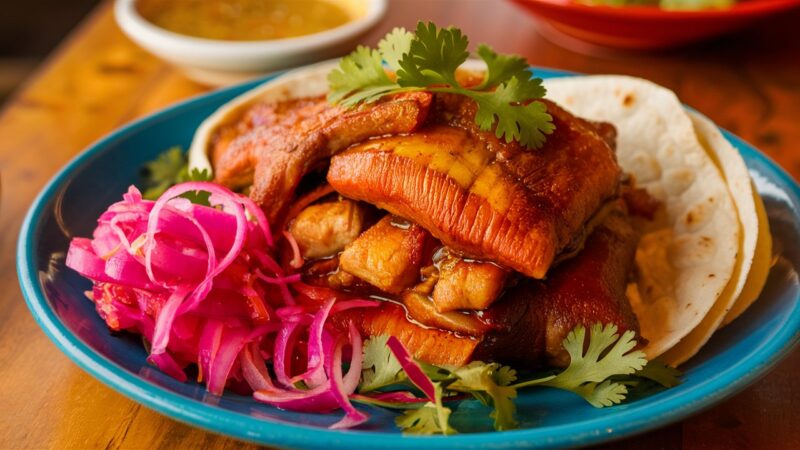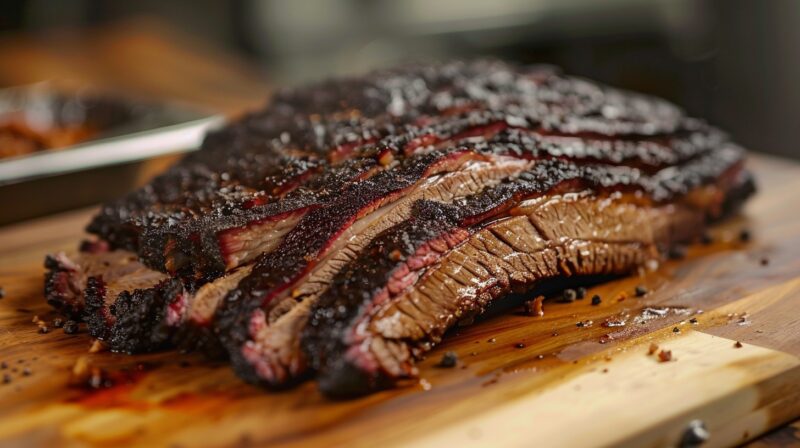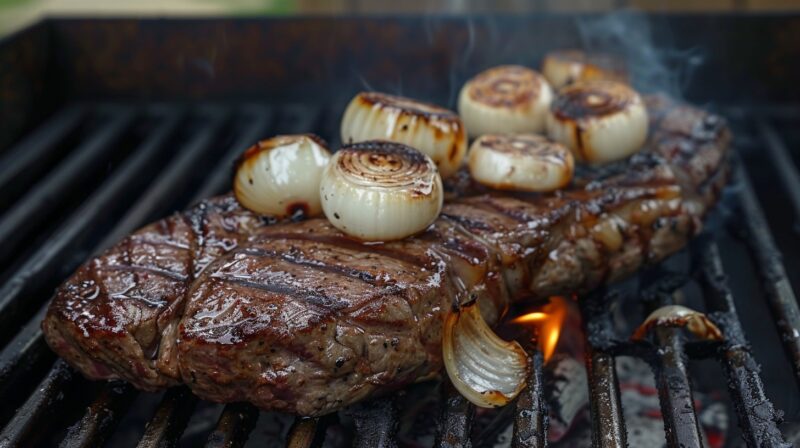Ah, “authentic” cuisine – the culinary world’s equivalent of a hipster’s vinyl collection. Everyone’s obsessed with finding it, eating it, and then bragging about it on Instagram as if they’ve discovered El Dorado.
But here’s a hot take: the whole concept of authenticity in food is about as real as my chances of winning MasterChef (I am just honest with myself.)
Let us see what people think it is, and why this concept makes no sense really.
The Myth of “Authenticity”
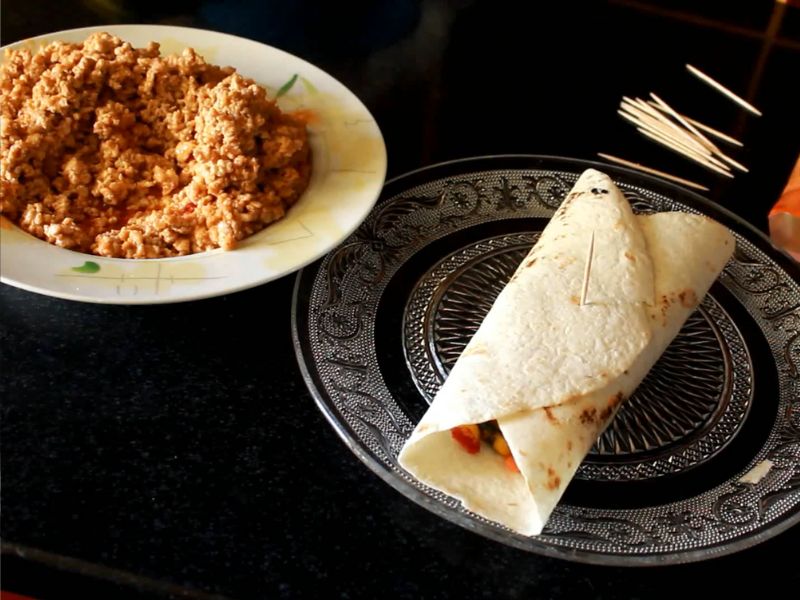
It’s like saying you enjoy music played only on instruments made by monks in the Himalayas. Sounds cool, but what does it even mean?
I can bet you’ve seen people who reject trying a taco simply because the tortilla wasn’t made by some Mexican grandmother in a distant village.
Newsflash: cultures get updated, they mix, recipes change, and your “authentic” dish might just be a happy accident from a fusion of influences.
People love exclusive things, for whatever reason, and they want to be a part of the “cool kids club.” It’s basic human nature, and there is nothing wrong with that.
Still, keeping our common sense is more important than that, because it will preserve our mental health and relationships with other people.
There is one simple, yet beautiful word about people with these strivings, snobbery.
Getting obsessed about practically nothing (right?) will bear no fruit, you can be certain of that. Innovations are there to make things better and no amount of hard-headedness will change that.
Let’s stop pretending we’re culinary anthropologists and just enjoy our food, shall we?
Cuisine and its Evolution
The cuisine is constantly changing? Woah, no way. Every dish that’s been stamped with the “authentic” seal of approval has a history of migration, adaptation, and innovation. Do you like Italian pizza? Then, you should thank the ancient Greeks for bringing the concept to Italy.
And let’s not even start on how the tomato, a key ingredient, was a latecomer from the Americas. Tomato reached Europe in the 16th century. So, no Italian man made a pizza after a mammoth hunt.
Fun Fact: People used to fear tomatoes in Europe for 200 years.
These stories pain me because simply people have no idea bout what they are talking about. Holding onto authenticity is like trying to use a rotary phone in the age of smartphones – quaint, but why bother when there’s so much more out there?
While there is nothing wrong with keeping the traditions, being obsessed with it backfires.
The Role of the Chefs and Guests

My job as a chef is to prepare food that will make people happy. There are not many better things than enjoying a good meal with your family at your favorite restaurant. My job is not historical reenactions. Nobody is going to use radiocarbon dating on the food I prepare. Sounds funny when I say it out loud, but it is real.
Guests at the restaurants are there to enjoy their food and they will not care about the methods I use to prepare their dishes or whether I use some ingredient to enhance the taste.
So, the next time you’re about to critique a dish for not being “authentic,” maybe just ask yourself if you liked it. If the answer is yes, then that’s all that matters.
Summary
In the end, “authentic” is a term invented by marketers. A term coined to make us feel more cultured than we are. People who do it bury their heads in the sand, and they do not notice anything around them that can make them happy.
My advice is: eat what you love, love what you eat, and let’s leave authenticity where it belongs – in the history books.
I certainly had a blast writing this one, and I hope you will enjoy it as well.

